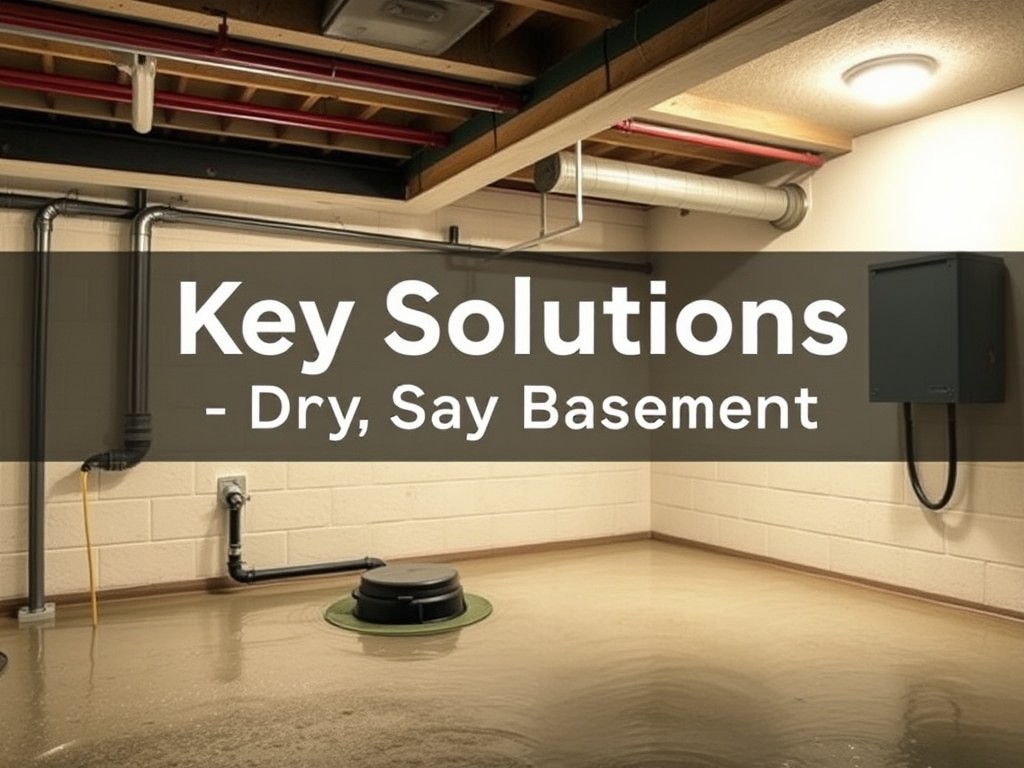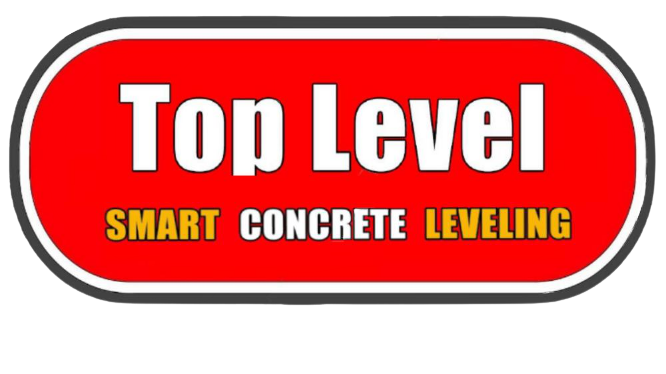Basement Waterproofing: Key Solutions for a Dry, Safe Basement
A dry and safe basement is a vital part of a healthy home. Excess moisture or water infiltration can lead to mold growth, structural issues, and reduced property value. Effective basement waterproofing: key solutions for a dry, safe basement ensure not only the longevity of your foundation but also a healthier living environment for you and your family. In this blog post, we’ll discuss various methods of basement waterproofing, their benefits, and how to choose the right solution for your home.

Why Basement Waterproofing is Essential
Basements are particularly vulnerable to water damage due to their position below ground level. They’re exposed to groundwater, rainfall, and humidity, all of which can compromise the structure over time if not managed properly. By investing in basement waterproofing: key solutions for a dry, safe basement, you can prevent:
- Mold and mildew growth: Damp conditions provide a perfect environment for mold, which poses health risks.
- Foundation damage: Water infiltration weakens the foundation, leading to costly repairs.
- Structural integrity issues: Excess moisture can warp walls, floors, and ceilings, affecting the stability of your home.
Common Causes of Basement Moisture
Understanding the causes of basement moisture can help you choose the best basement waterproofing: key solutions for a dry, safe basement. Some common reasons include:
- Poor drainage systems: Inadequate drainage can lead to water accumulation around your home’s foundation, resulting in seepage.
- Cracks in the foundation: These provide an easy entry point for water, especially during heavy rainfall.
- Hydrostatic pressure: This occurs when groundwater builds up around the foundation, pushing water into your basement.
- Leaky windows or doors: Even minor leaks can lead to moisture accumulation, which can grow into a more significant issue over time.
Top Solutions for Basement Waterproofing: Key Solutions for a Dry, Safe Basement
Now, let’s dive into some of the most effective basement waterproofing: key solutions for a dry, safe basement.
1. Interior Sealants
Interior waterproofing sealants are a common solution for small cracks and minor leaks in basement walls. These sealants, typically applied as paint or coating, act as a barrier, preventing moisture from entering the space. They work well for light moisture issues but are not ideal for addressing extensive water infiltration.
While interior sealants are not a permanent fix, they can serve as a quick, affordable option to control minor seepage and protect your basement from humidity.
2. Exterior Waterproofing Membranes
For more comprehensive protection, exterior waterproofing membranes are essential. This solution involves applying a waterproof coating on the outside of the foundation walls, blocking water from entering the basement in the first place. The membrane, usually made of asphalt or polymer-based materials, is flexible and durable, allowing it to withstand soil movement over time.
One of the main benefits of exterior waterproofing is its ability to prevent hydrostatic pressure from building up against the foundation. As a long-term basement waterproofing: key solutions for a dry, safe basement, exterior membranes are highly effective in keeping water out, making them an ideal solution for homes in areas prone to heavy rain or high groundwater levels.
3. Interior Drainage Systems
Interior drainage systems are a popular method for managing basement water infiltration. These systems capture water that seeps through basement walls and floors, directing it to a sump pump for removal. The system typically involves installing a channel along the perimeter of the basement floor, which connects to a sump pump pit.
This method is highly effective in homes with recurring basement water issues, as it actively removes water rather than just blocking it. By installing an interior drainage system, you ensure that your basement stays dry even in heavy rain, making it a reliable basement waterproofing: key solution for a dry, safe basement.
4. Sump Pumps
A sump pump is a vital component of any effective basement waterproofing strategy. It is designed to pump water out of the basement and away from your home’s foundation. Sump pumps are typically placed in a pit at the lowest point of the basement, where water naturally collects. When water levels rise, the sump pump activates automatically, removing excess water from your basement.
There are different types of sump pumps, including primary, battery backup, and combination systems. A primary sump pump works well for regular use, while a battery backup pump provides additional protection during power outages, which are common during storms. A sump pump is an essential basement waterproofing: key solution for a dry, safe basement if you experience frequent water infiltration.
5. French Drains
A French drain is an effective way to divert water away from your home’s foundation, preventing it from seeping into the basement. This method involves installing a perforated pipe surrounded by gravel in a trench around the foundation. The pipe captures water and directs it away from your home, reducing hydrostatic pressure against the foundation walls.
French drains are particularly useful for homes with high water tables or areas with significant rainfall. As a reliable basement waterproofing: key solution for a dry, safe basement, French drains help reduce water accumulation around your home, offering long-term protection against basement moisture.
6. Dehumidifiers
While dehumidifiers don’t directly waterproof your basement, they play a crucial role in maintaining a dry and safe environment. By removing excess moisture from the air, dehumidifiers prevent mold growth, mildew, and musty odors, all of which are common issues in damp basements. Using a dehumidifier in conjunction with other basement waterproofing: key solutions for a dry, safe basement is highly effective for maintaining indoor air quality and comfort.
Choosing the Right Basement Waterproofing Solution for Your Home
Selecting the best basement waterproofing: key solutions for a dry, safe basement depends on various factors, including the source of moisture, your budget, and the age of your home. Here’s a quick guide to help you make the right choice:
- For minor leaks and humidity: Interior sealants and dehumidifiers may suffice.
- For moderate water issues: Consider interior drainage systems and sump pumps.
- For severe water infiltration: Exterior waterproofing membranes and French drains provide the most comprehensive protection.
Consulting a professional can help you assess the specific needs of your basement and determine the most effective solution for long-term protection.
Benefits of Basement Waterproofing
Investing in basement waterproofing: key solutions for a dry, safe basement provides numerous benefits, including:
- Enhanced property value: A dry basement adds value to your home, making it more appealing to potential buyers.
- Increased safety and health: Waterproofing protects your family from mold, mildew, and allergens that thrive in damp conditions.
- Lower energy bills: A dry basement improves insulation, helping reduce heating and cooling costs.
- Extended foundation life: Waterproofing prevents moisture from damaging your foundation, preserving the structural integrity of your home.
Call to Action: Protect Your Basement Today!
Don’t wait for water damage to compromise the safety and comfort of your home. Act now with basement waterproofing: key solutions for a dry, safe basement to keep your basement dry and your home protected. Whether you need a French drain, sump pump, or complete waterproofing system, our team of experts is here to help.
Contact us today at 614-305-1050 for a free consultation and let us create a customized basement waterproofing plan that suits your needs. Ensure the safety and longevity of your home with professional basement waterproofing services.
